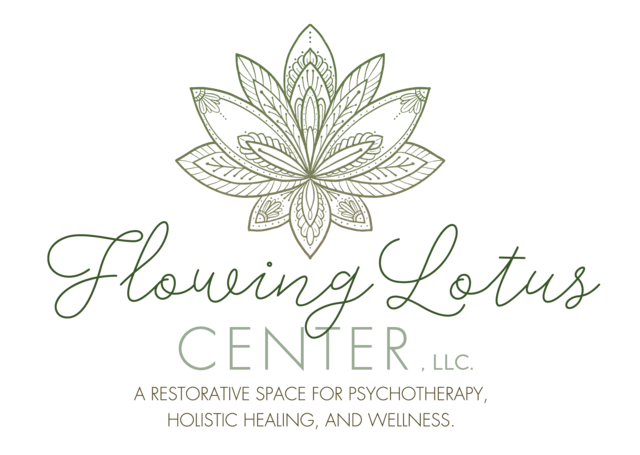Exploring the Nuances of Friendship: Identifying Healthy Bonds

Friendship stands as a cornerstone of human connection, enriching our lives with shared experiences, laughter, and support. Yet, not all friendships are cut from the same cloth. Just as individuals differ, so too do the dynamics of their relationships. Understanding the diverse categories of friendships, discerning the traits of a reliable companion versus a toxic influence, and knowing when it’s time to bid farewell are crucial components of fostering wholesome connections. Let’s delve into these nuances to unravel the intricacies of friendship.
Varieties of Friendships:
Acquaintanceship: These are casual connections formed with individuals encountered in various settings. While interactions with acquaintances can be pleasant, they typically lack the depth and intimacy found in closer bonds.
Close Companions: This category encompasses those individuals who form the nucleus of our social circle. Close friends are characterized by mutual trust, vulnerability, and a profound understanding of one another. They serve as pillars of support, offering empathy and companionship through life’s trials and triumphs.
Distant Allies: Despite physical separation, long-distance friendships endure through consistent communication, shared experiences, and genuine care for one another. Distance does not diminish the strength of these connections.
Conditional Connections: Fair-weather friends surface during moments of prosperity but fade into the background during adversity. While enjoyable during good times, these relationships often lack the depth and reliability needed during challenging moments.
Toxic Ties: Toxic friendships are detrimental to one’s well-being, characterized by manipulation, negativity, and a lack of respect. These connections drain energy, erode self-esteem, and sow discord.
Indicators of a Supportive Friend:
- Reliability: A dependable friend honors commitments and maintains confidentiality.
- Empathy: They demonstrate understanding and validation without judgment.
- Supportiveness: Good friends offer both emotional and practical assistance during times of need.
- Respect: They respect boundaries, opinions, and autonomy.
- Honesty: Open and transparent communication is valued, even when it’s uncomfortable.
- Shared Values: Common interests and beliefs foster a sense of connection and understanding.
Warning Signs of an Unhealthy Friendship:
- Imbalance: One-sided interactions where one person consistently takes without reciprocation.
- Manipulation: Guilt-tripping or coercion to control actions or emotions.
- Jealousy: Envy or competition instead of celebrating each other’s successes.
- Lack of Support: Dismissiveness or absence during challenging times.
- Constant Drama: Conflict, gossip, or negativity overshadowing the relationship.
- Disregard for Boundaries: Consistent disrespect for personal boundaries, feelings, or needs.
Recognizing When to Let Go:
- Repeated Betrayals: Trust repeatedly shattered without resolution.
- Negative Impact: Consistent feelings of depletion or distress stemming from the friendship.
- Divergence: Natural drifting apart due to evolving interests or life circumstances.
- Unresolved Conflict: Inability to address issues or persistent conflict.
- Self-Reflection: Assessing the alignment of the friendship with personal values and well-being.
In essence, friendships are vital components of our lives, yet their quality varies greatly. By comprehending the diverse nature of friendships, identifying the traits of supportive versus detrimental connections, and recognizing when to sever toxic ties, individuals can cultivate enriching relationships conducive to personal growth and happiness. Quality over quantity reigns supreme in the realm of friendship, with nurturing bonds serving as pillars of strength and support amidst life’s journey.

